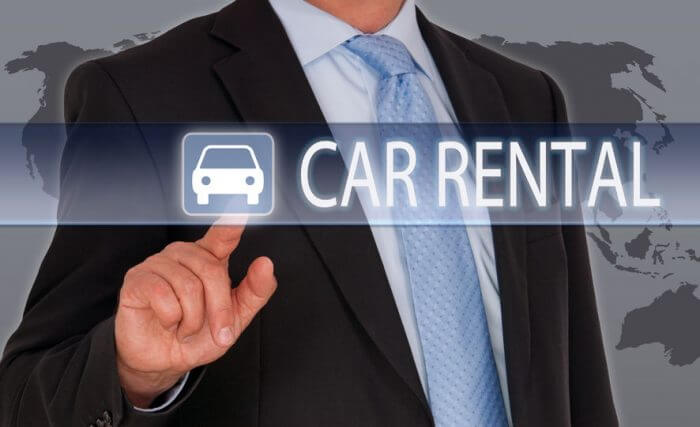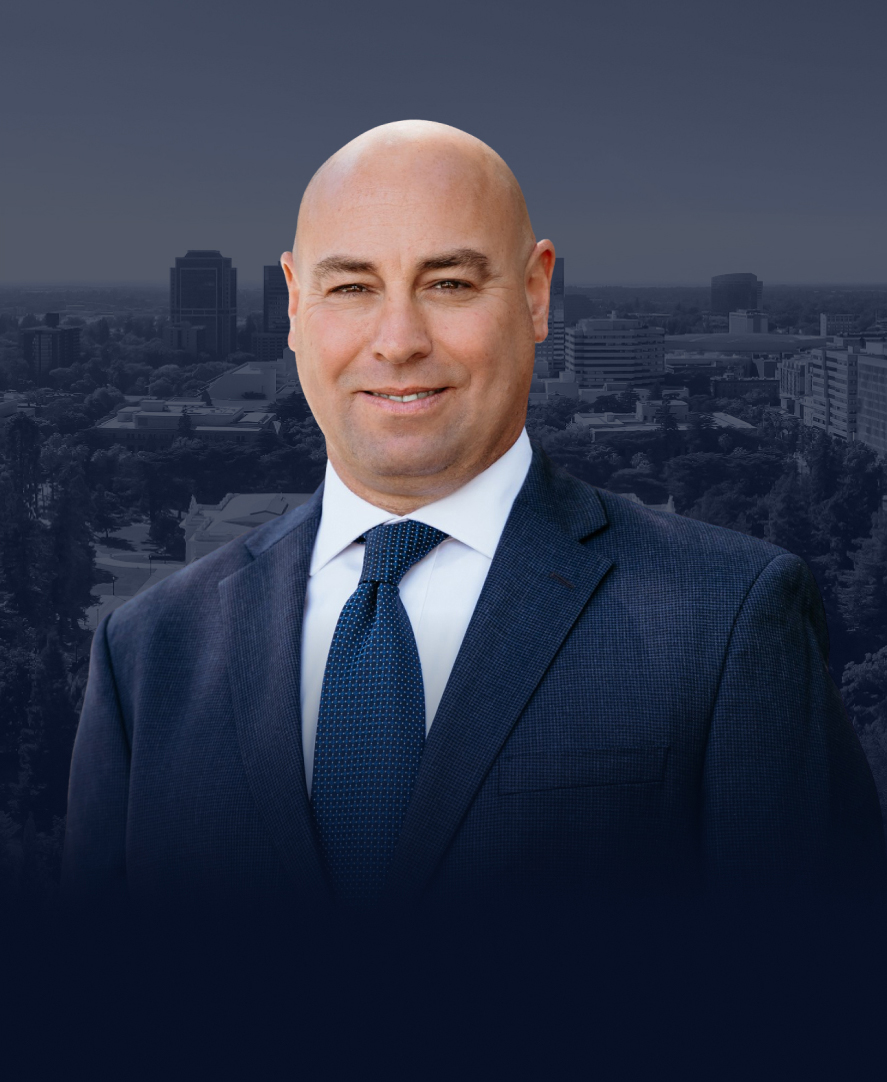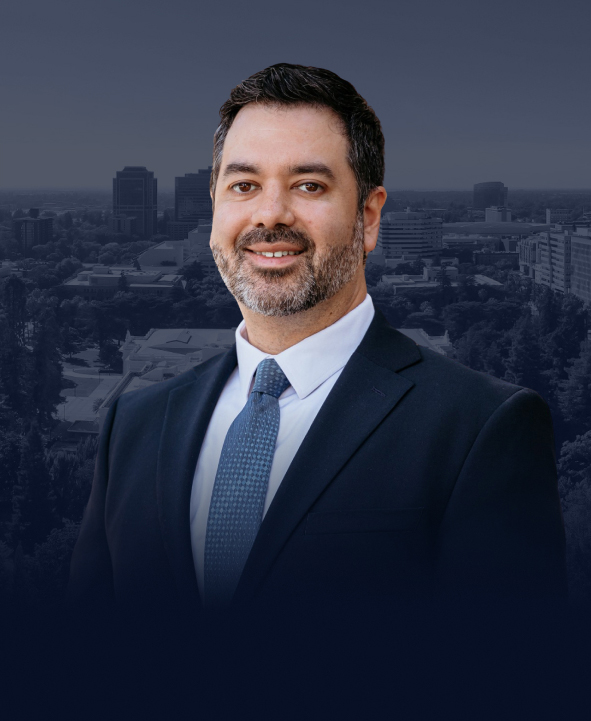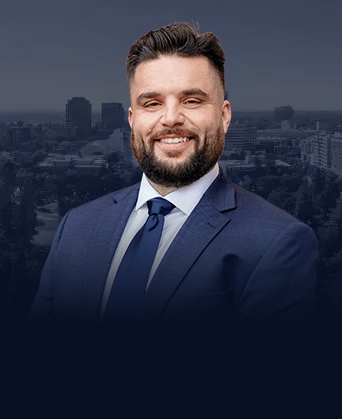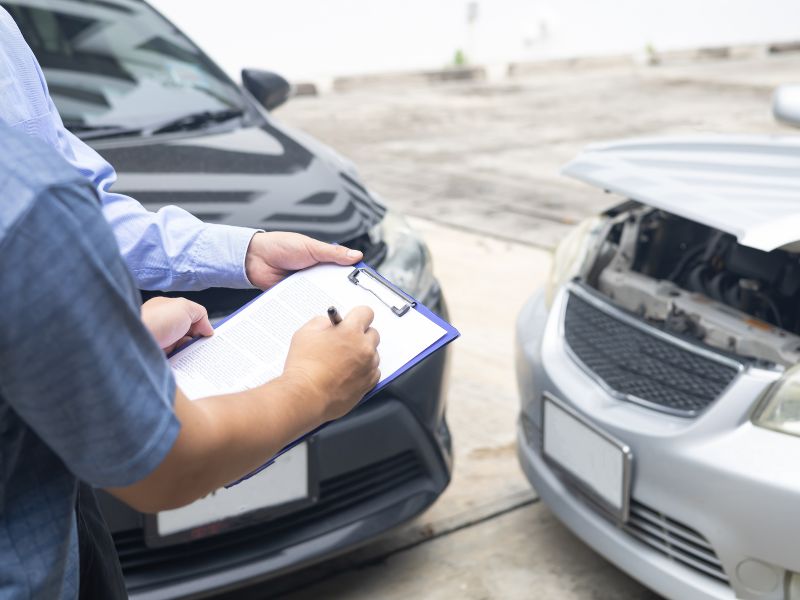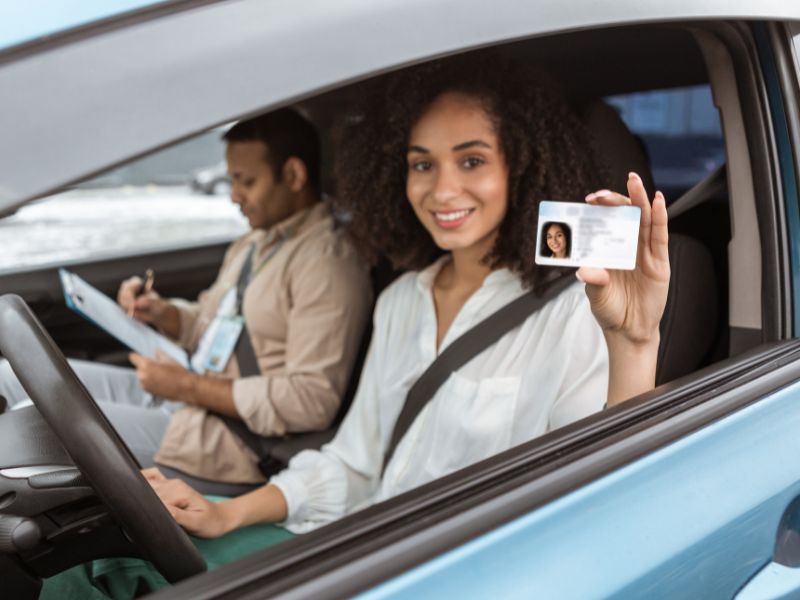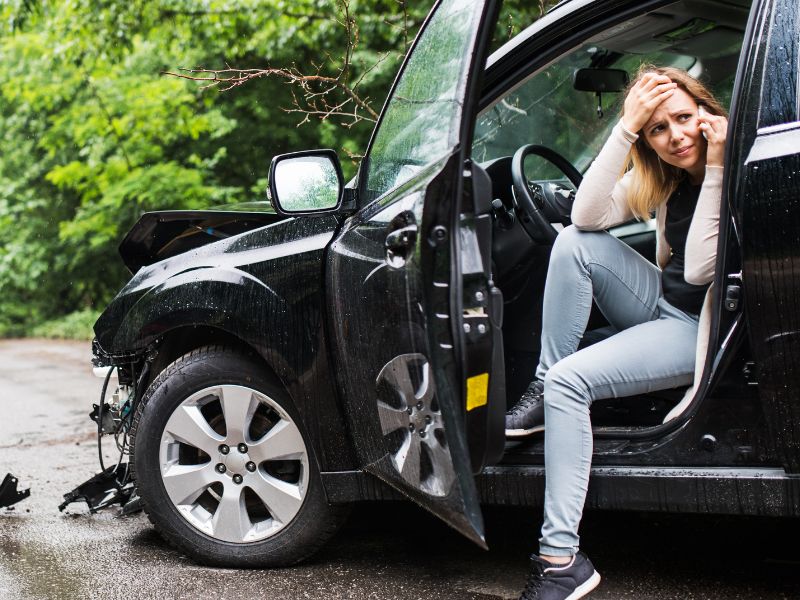Dealing with the aftermath of a traffic accident is extremely stressful. From dealing with the other driver(s) to the insurance company, the situation can get tricky fast. Things can get even trickier when a rental car is involved. Handling an accident situation in a rental car is similar to handling a similar situation with your own vehicle. However, there are a few additional steps you may be required to take.
Immediately after the collision, ensure that all passengers, including yourself and those in any other involved vehicles do not require emergency assistance. Be sure to call the police so you can get an official accident report. Once you have done this, exchange contact and insurance information with any other people involved. Start making records, including taking pictures of the damage that occurred. Avoid mentioning that you are driving a rental car. Some drivers may try to take advantage of this situation to place blame on you.
These are the same steps you would take in any collision, whether you are driving your own car or a rental car. However, with a rental there is a bit more paperwork you will need to deal with. As soon as you are able to, read the fine print of both your insurance plan and any insurance provided by the rental company. Call the car rental company and inform them of the accident. You should be able to find a sticker with an emergency number located inside the glove box. Once you have contacted the company, ask how to proceed.
Dealing with Insurance and Rentals
You should also inform your own insurance company of the accident and ask if they will take care of filing an accident report or if it is your responsibility. You can also talk to your insurance company about the collision and comprehensive coverage in your policy. This is in addition to the liability coverage that is required by law. Collision and comprehensive coverage will protect you and the car you rent. You will likely have to pay a deductible out of pocket. In most cases, the rental company will require a driver who has a deductible of $500 or less to buy extra insurance when renting the vehicle. If you purchased additional insurance to cover the rental, inform your insurance company.
If you did not purchase extra insurance through the renter or a collision waiver when you rented the car, your insurance company is only responsible for paying if your active policy provides first party coverage. This means that whether or not you were at fault, you will pay your deductible directly to the rental company to get the vehicle fixed as soon as possible. Your insurance company is then responsible for seeking payment from the responsible party if you were not at fault for the collision and resulting damage.
Loss of Use Penalties
If the vehicle is out of commission for repairs, the rental company could request you or the insurance company to pay for loss of use. Keep in mind that if you do not have rental coverage on your policy, you will owe these rental expenses to the rental company. For example, if it takes five days to repair the vehicle, you will owe five days of rental payments.
Rental Insurance and Collision Damage Waivers
If you purchased extra insurance or a collision damage waiver, your accident claim will be handled differently. A collision damage waiver will release you from the responsibility of paying for the car if there is an accident. If you purchase extra insurance from the rental company or through your credit card company, read the fine print. Some rental insurance policies provide complete coverage if you pay the premium. This means that the insurance would cover the cost of the car that you hit if you were at fault and the rental car damage. Your own insurance policy, if applicable, would be a secondary form of coverage if the rental car insurance policy limit is too low.
Whether you get into a collision in a rental car or your own vehicle, it is never an easy process. This is especially true if you are injured. If you were involved in a collision that resulted in you being injured and you were not at fault, contact a personal injury attorney. Your attorney will review your case and help you determine if you should file a personal injury claim. He or she will also ensure that your interests are protected by seeking compensation from the responsible party. Medical bills can be expensive, and your own insurance may not cover them. You could also face pain and a long recovery if your injuries are extensive. The driver who was responsible for the crash should compensate you for this. Contact a personal injury attorney today for more information.
